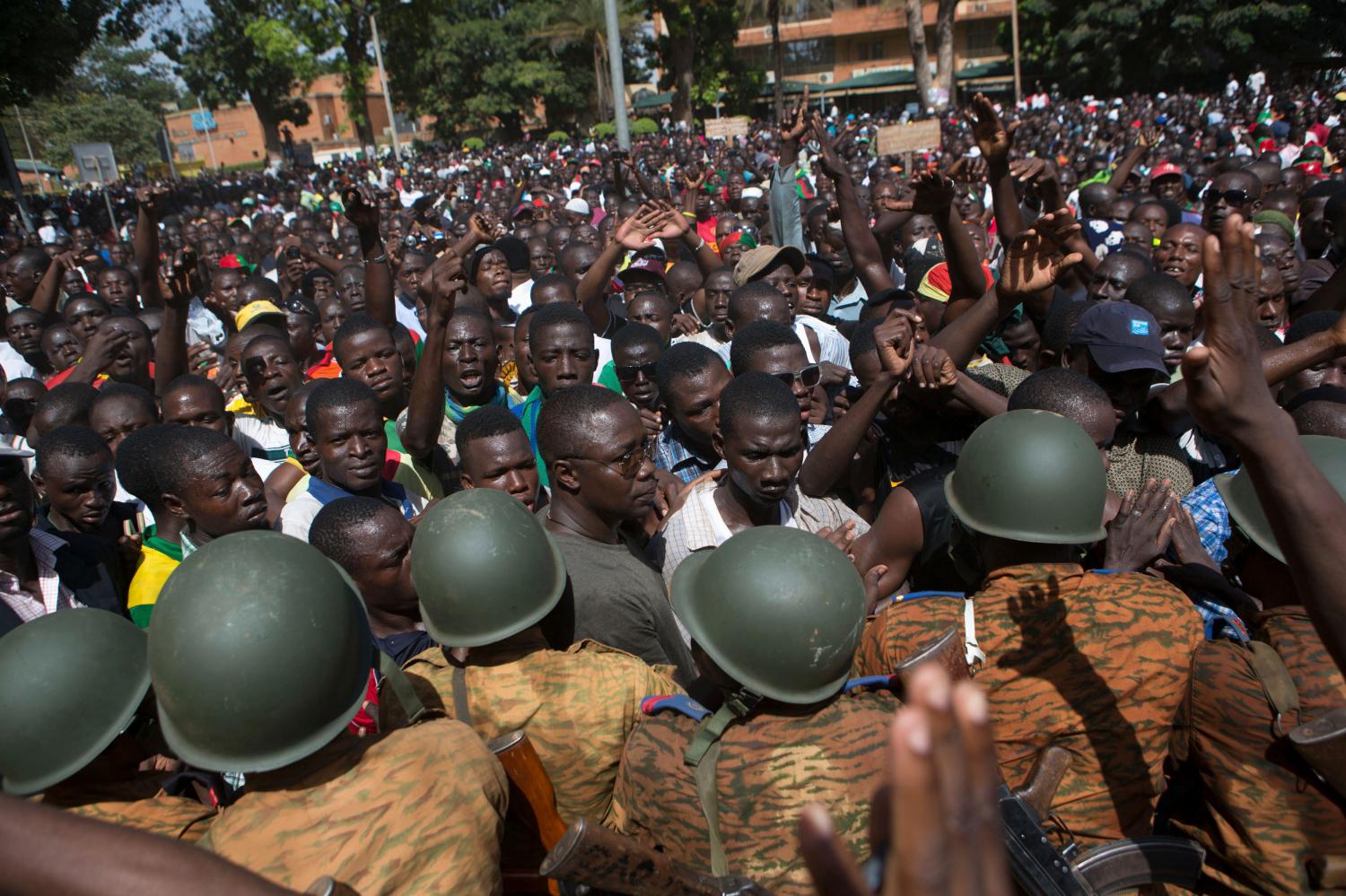In “Designing Pan-Atlantic and International Anti-Crime Cooperation,” a chapter for the new book, Dark Networks in the Atlantic Basin: Emerging Trends and Implications for Human Security (Center for Transatlantic Relations, January 2015), Vanda Felbab-Brown discusses the context and challenges of designing policies to counter organized crime and illicit economies in West Africa. She argues that although large-scale illicit economies and organized crime have received intense attention from governments and international organizations since the end of the Cold War, the strategies designed to combat these developments have been ineffective and, at times, counterproductive. Many populations experiencing inadequate state presence, great poverty, and social and political marginalization are dependent on illicit economies; and policies prioritizing suppression of these economies can, paradoxically, increase the economic and political capital of criminal or militant groups.
The recent drug trade epidemic and the connections between various illicit economies and terrorism have cast a spotlight on West Africa, Felbab-Brown explains. But in analyzing how the drug trade affects West Africa, it is important to note that preexisting institutional and governance deficiencies crucially amplify the destabilizing effects of the drug trade. Neither the drug trade nor the entrenchment of political corruption and misgovernance in West Africa are new phenomena emerging in the wake of cocaine flows through the region. Rather, political contestation in West Africa has long centered on the capture of rents from legal, semi-illegal, or outright illegal economies such as diamonds, gold, timber, cacao, human trafficking, and illegal fishing, resulting in a pervasive culture of illegality, in which society expects that laws will be broken, enforcement evaded, and that the state will be the source of rents rather than an equitable provider of public goods. A long history of rentier economies, illicit activity, smuggling, endemic corruption, weak institutions, and governance as mafia rule—that provides exceptions from law enforcement to the ruler’s clique—has left West Africa with what Felbab-Brown terms the technology of illegality and the state as mafia bazaar.
This context makes West Africa a particularly vexing area for policymakers and international donors who want to combat militancy or organized crime in West Africa. The United States and international community should consider any intervention in the region strategically, calibrating assistance packages to the absorptive capacity of the partner country, focusing on broad state-building, and fostering good governance. The priority of the United States must be to combat the most disruptive and dangerous networks of organized crime and belligerency, recognizing that anti-crime interventions cannot eradicate the majority of organized crime, illicit economies, and drug trafficking in the region. Moreover, efforts by external donors, such as Colombia or Brazil, to transfer policy practices to West African countries need to carefully consider which external lessons and policies are suited for local contexts.
The full book, Dark Networks in the Atlantic Basin: Emerging Trends and Implications for Human Security, is available for purchase from The Brookings Institution Press.
The Brookings Institution is committed to quality, independence, and impact.
We are supported by a diverse array of funders. In line with our values and policies, each Brookings publication represents the sole views of its author(s).




